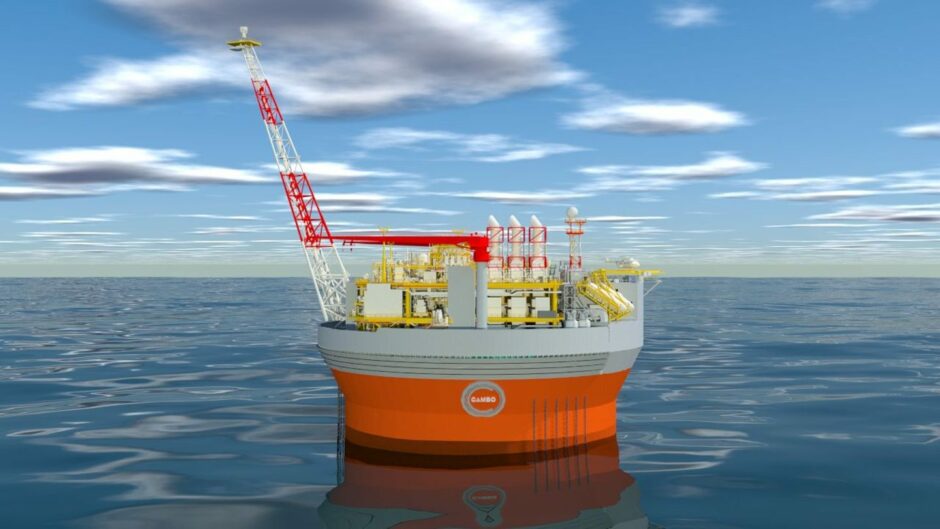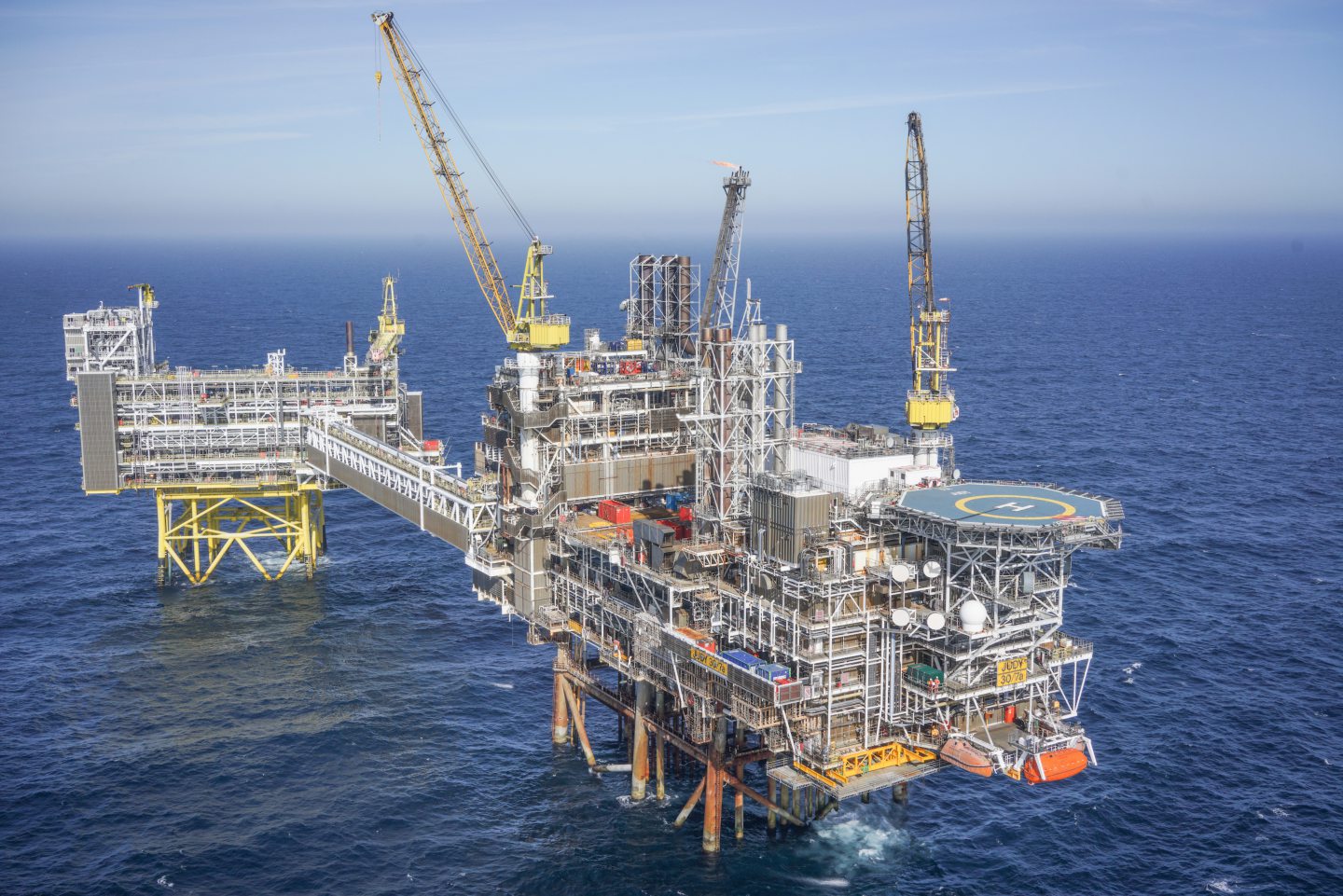
A price floor has been introduced which would see the windfall tax cease if oil prices drop, but what difference will it make to North Sea operators?
There are implications for firms financing new developments, as well as a disproportionate benefit to oil-focused explorers, the industry has said in response.
But, with OBR forecasts showing the price floor won’t hit the necessary levels anyway, it’s expected the levy will go unchanged until its sunset in March 2028.
Boosts chances of firms proceeding with FIDs
“Rather than attract a wave of new investment, the introduction of the price floor will most likely only bolster the chances of companies proceeding with investment in projects that have already been scoped,” said Dave Mosley of analytics firm Welligence,
The move “will do little in the short term” for investors’ confidence” but should bring “significant improvement to the investment environment”.
Mr Moseley said: “Investment of over US$5 billion is needed for the current pipeline of greenfield projects that have been scoped but are pending FID or regulatory approval to be developed, the two largest of which are Cambo and Rosebank.
“Prior to the introduction of the price floor, several of these were at risk of being cancelled as companies grappled with the impact of the EPL. The introduction of a price floor relieves some economic pressure from these projects but is not a panacea for the current fiscal regime.”
Questions on breakevens and shelved drilling
It remains to be seen whether the price floor – at $71.40 per barrel for oil and £0.54 per therm for gas for two consecutive quarters– is high enough for projects like Cambo and Rosebank which have higher breakeven prices.
In a statement, Ithaca Energy said it welcomes the approach from the UK Government as they “acknowledge the need for a fiscal regime that supports critical investment in the North Sea to support energy security.
“We will now move to analyse the implications of the changes to financing capacity and to our high-value development projects.”
Ratings agency Moody’s said: “We see little relief for O&G producers and no real improvement in terms of visibility (if anything, possibly higher uncertainty) on expected reduction in tax payments, debt capacity and liquidity being restored to pre-EPL introduction level, and increased support to longer-term investment decisions.
“The high frequency of changes to the EPL observed so far further contribute to increasingly uncertain operating conditions on the UKCS.”
The government itself even notes that the mechamism “won’t be triggered until before the tax’s planned end date in March 2028” based on OBR forecasts.
There’s also questions whether other firms, like TotalEnergies, Apache and EnQuest, who have cancelled or deferred drilling at Elgin, the Beryl Area and Kraken, respectively, will reconsider, added Welligence.
Each firm has been contacted for comment.
Harbour Energy, the UK North Sea’s largest producer and perhaps staunchest opponent of the levy, has previously blamed the policy for its decision to slash 350 UK jobs.
In a statement, the firm said: “We will take time to understand the detail of today’s announcement and the impact of it, if any, on our business and plans”.
‘Inevitably favours oil-focused companies’
Independent producer IOG, a southern North Sea gas-focused operator, welcomed the step, but said the mechanism will favour firms focused on oil.
A spokesperson said: “By setting the gas floor at $40.7/boe (compared to the oil floor of $71.4/boe) and requiring both gas and oil prices to be below the floors to trigger the adjustment, the government’s move will inevitably favour the larger integrated energy businesses and the oil-focused companies at a time when we should be focusing on developing domestic low carbon gas supplies to displace carbon intensive LNG from overseas and ensuring security of supply.
“The UK is increasingly a mature basin and the UK gas market is increasingly dependent on imports, notably of high carbon LNG. We have also previously suggested that reintroduction of a small fields allowance would specifically help to stimulate much-needed further investment in low carbon domestic gas fields to displace imported LNG.”
Some 90% of producers have cut spending in light of the windfall tax, which was hiked to 35% in November and took the headline industry tax rate to 75%.
In its policy announcement today, the government ackowledged warnings from industry that “this puts the long-term future of the UK’s domestic supply at risk, meaning we would be forced to import more from abroad at a time when reliable and affordable energy is a focus for families and businesses”.
Recommended for you


 © Supplied by Harbour Energy
© Supplied by Harbour Energy